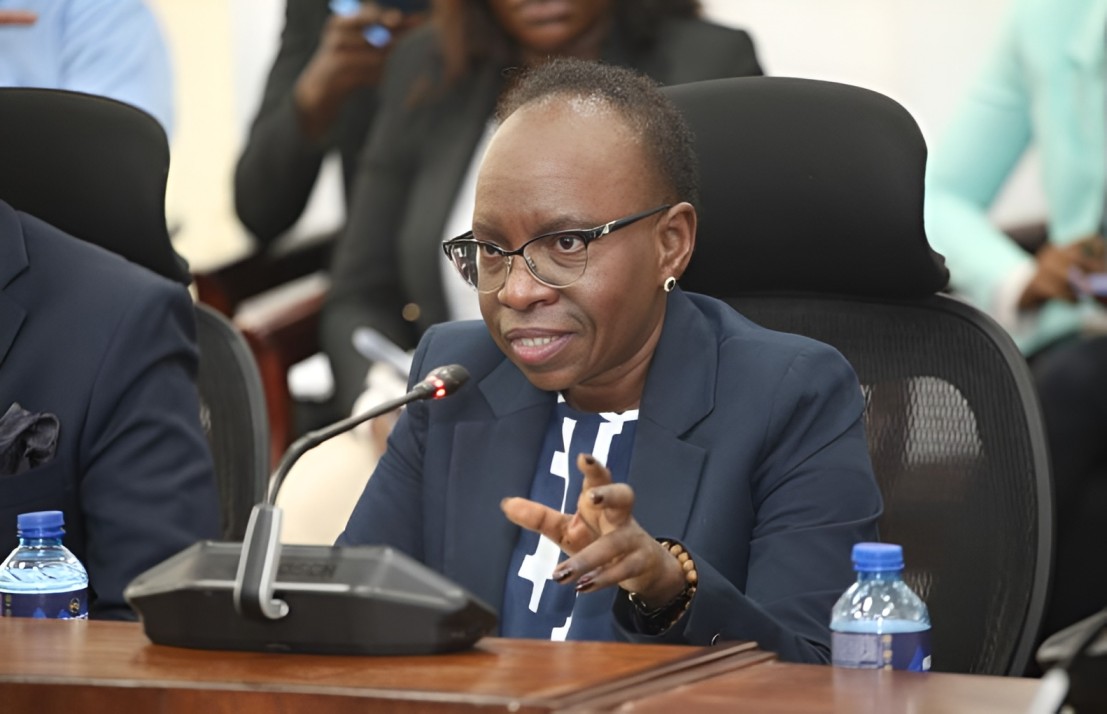Universities break law as staff pay exceeds revenue limits

The report by Auditor General Nancy Gathungu, tabled in Parliament, shows that 39 out of 42 universities breached the Public Finance Management (National Government) Regulations, 2015, which cap employee costs at 35 per cent of total revenue.
An audit has revealed that the majority of Kenya’s public universities are sinking deeper into financial distress, with staff salaries consuming far more than what the law allows from their annual income.
The report by Auditor General Nancy Gathungu, tabled in Parliament, shows that 39 out of 42 universities breached the Public Finance Management (National Government) Regulations, 2015, which cap employee costs at 35 per cent of total revenue.
Instead, salaries accounted for more than a third of university income, with some institutions spending nearly all they earned on wages.
The most alarming case was at the Technical University of Kenya, which spent Sh3.27 billion on salaries against Sh2.81 billion in revenue, translating to a wage bill equivalent to 116 per cent of its income.
This left the institution in deficit even before meeting basic expenses like utilities, teaching materials or development projects.
Taita Taveta University followed closely, with 87 per cent of its Sh533 million revenue going to salaries. The Technical University of Mombasa spent 83 per cent, Pwani University 82 per cent, and the University of Eldoret 79 per cent.
In all, the top five most strained institutions committed more than three-quarters of their income to wages, leaving little room for other operations.
Even Kenya’s largest and oldest universities are struggling under the same pressure. Jomo Kenyatta University of Agriculture and Technology recorded a 77 per cent wage-to-revenue ratio, while Kenyatta University’s stood at 71 per cent.
The University of Nairobi, despite its Sh16 billion revenue, spent 53 per cent on salaries.
According to the Auditor General, the 42 universities collectively earned Sh100 billion in the year under review but spent Sh62.2 billion on staff costs, meaning Sh62 of every Sh100 went to salaries.
This trend, the report warned, has left little for research, academic programs, maintenance and development, threatening the sustainability of higher education.
Some institutions managed to keep within or closer to the legal threshold. The Open University of Kenya spent only 19 per cent of its earnings on salaries, Tom Mboya University used 30 per cent, while the Kenya Advanced Institute of Science and Technology stood exactly at the 35 per cent limit. Others such as Turkana University, Kirinyaga and Tharaka University ranged between 40 and 44 per cent.
Maseno University used 62 per cent of its Sh3.94 billion revenue on staff costs, Egerton 59 per cent, and Masinde Muliro 66 per cent. Rongo, the National Defence University, Bomet and Jaramogi Oginga Odinga universities spent between 55 and 58 per cent of their revenue on salaries.
The report comes as universities grapple with rising debt, delays in paying suppliers and an inability to sustain daily operations. It also follows a fresh Sh4.3 billion salary increase secured by the Universities Academic Staff Union, which could push wage bills even higher.
Treasury Cabinet Secretary John Mbadi has already warned that the government cannot continue bailing out universities and urged them to take drastic measures.
He advised institutions to consider closing down satellite campuses and to cut unnecessary administrative costs, noting that the bloated wage bills were unsustainable.
